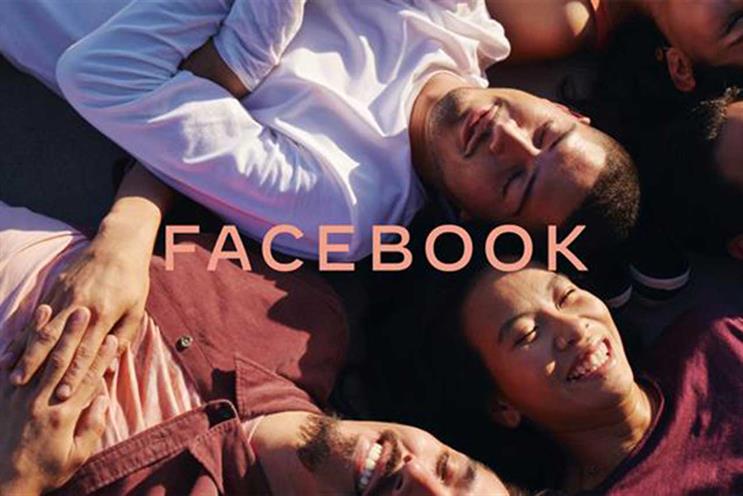
A group of campaigners, academics and not-for-profit organisations have written an open letter to Facebook and Google bosses, calling on them to suspend all political ads ahead of the UK general election on 12 December.
The furore comes as Facebook said it would not fact-check ads run by political parties or candidates, allowing for lies and misinformation to appear on the platform. The company has refused to budge on its position.
The social network's refusal to distinguish fact from fiction in ads on its site is the prime concern of the authors of the . Signed by representatives from seven organisations, including Mozilla, the Open Data Institute and University of Sheffield, the letter calls on Facebook and Google to "take a stand and issue an immediate moratorium on all political and issue-based advertising on your platforms until the conclusion" of the election.
It has been addressed to Facebook and Google chief executives Mark Zuckerberg and Sundar Pichai, as well as their respective heads of policy Nick Clegg and Kent Walker.
Twitter announced last month that it would ban political ads from its site from 22 November and called on other sites to do the same. The decision was welcomed by the IPA.
The letter states that the UK does not have time to resolve issues over political ads in the short time before December’s election.
"This legislative black spot is particularly concerning in light of Facebook’s recent policies to allow politicians to openly publish disinformation through ads," the letter reads. "Equally concerning is the lack of transparency as to what data is being used to target ads and how such ads are being targeted. We are aware that these policies are subject to debate both inside and outside the company. While that debate continues, people in the UK are left in uncertainty about whether they can trust what they see on the platform."
Last month, Facebook relaxed its rules governing political ads, which were previously prohibited from carrying false claims or misleading content. , the rules were changed to ban only ads that "include claims debunked by third-party fact-checkers or, in certain circumstances, claims debunked by organisations with particular expertise".
Meanwhile, that the Conservative Party is using Facebook to target pro-Leave Labour voters in key northern England and Midlands seats. There are reportedly 29 variations of the ads, which went live at the weekend. Executions include messages such as "Your vote in Alyn & Deeside will be the difference between a majority government that will get Brexit done and another hung parliament", according to The Times.
Facebook told the newspaper that it would stop politicians from running ads that directly linked to content already proven false by its fact-checkers, but that repeating false information without a link would be permitted.
A company spokesman referred 北京赛车pk10 to a blog by Zuckerberg last week, in which the Facebook boss posed the question: "Should we block political ads with false statements?" Zuckerberg instisted that the likes of Google, YouTube and "most cable networks run these same ads" and that there are "good reasons for this" in a democracy.
"And although I've considered whether we should not carry these ads in the past, and I’ll continue to do so, on balance so far I've thought we should continue," he wrote.
Separately, Facebook has taken the opportunity to announce a rebrand that features its logo in uppercase. In a statement, the company said it was "updating our company branding to be clearer about the products that come from Facebook" and that it was "introducing a new company logo and further distinguishing the Facebook company from the Facebook app, which will keep its own branding".



.jpg)
.jpeg)
